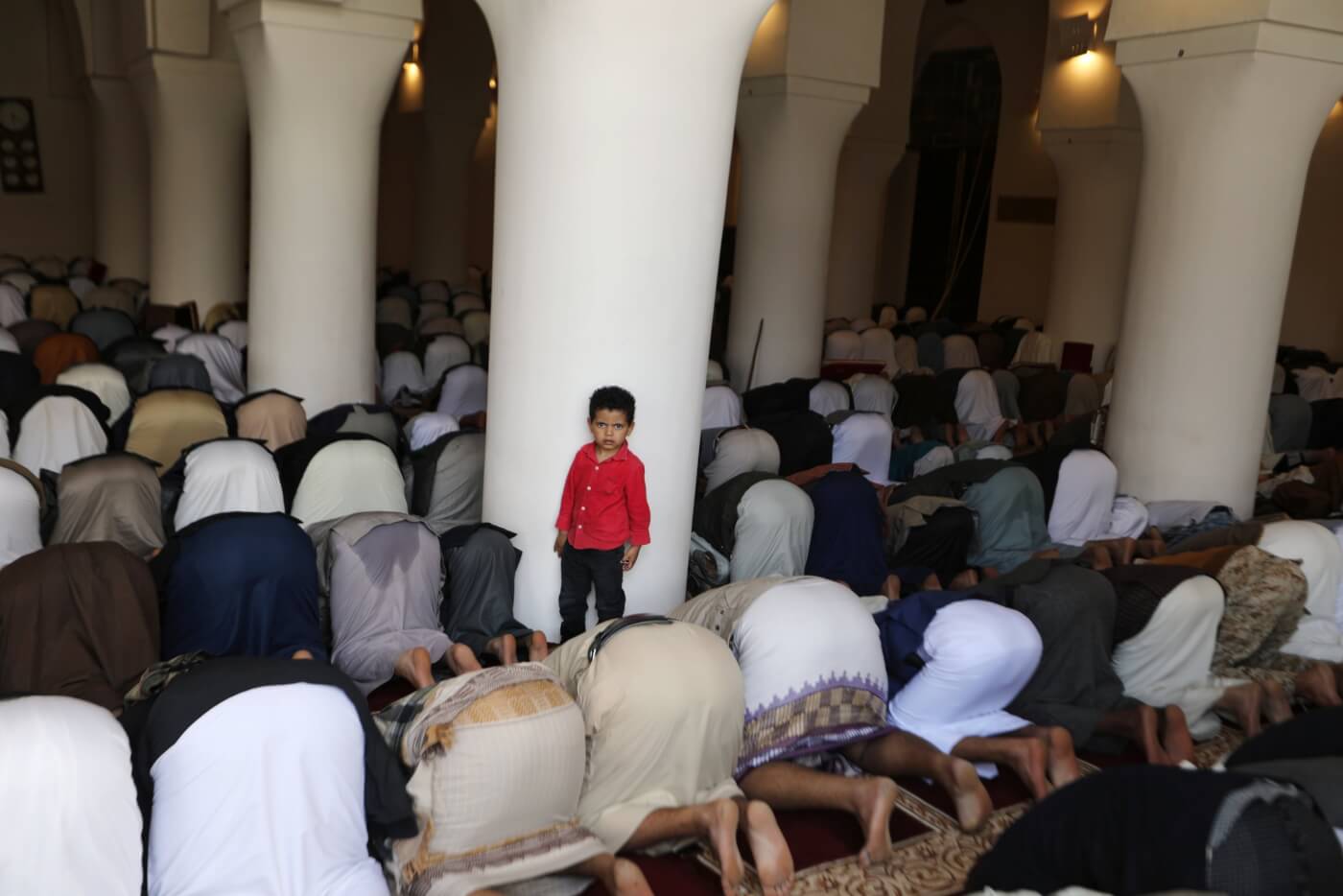As the coronavirus continues to test the capabilities of the most developed states in the world, the drastic effects of the virus is increasingly extenuating the problems facing the world’s most fragile states.
No country is more fragile than Yemen, illustrated by earlier in the month finding themselves top of the Fragile State Index 2020 – unchanged from last year. Over the last decade the country has been plagued with mass displacement, widespread malnutrition and families resorting to horrific coping mechanisms such as forcing their children into marriage to survive.
Yemen has been the battleground of a brutal civil war since 2014, where civilians often find themselves the casualty of the brutal proxy fighting between the large geopolitical players in the region – Saudi Arabia and Iran.
The toll of this fighting has led to Yemen’s population being highly dependent on humanitarian assistance. According to UNHCR, around 80% of the population in Yemen were dependent on international aid to survive even before the coronavirus.
The coronavirus has severely impeded the ability of organisations such as the United Nations and other bodies to continue operating their programmes in the country. Last week the United Nations reported that their health care system has “in effect collapsed” and appealed for urgent funding to the tune of $3.38 billion.
Charlie Yaxley of UNHCR warned that the current lack of funding was seeing:
“a growing number of families resorting to harmful coping mechanisms such as begging, child labour and marrying of children to survive,”
War and the associated rise in poverty has driven steep rises in child marriage in Yemen in recent years. With poverty the new norm, a growing number of families have married off their daughters at young ages amid fears that they can no longer afford to provide for them, or that their husbands’ families were better equipped to care for them according to UNICEF.
A report released by the International Rescue Committee last month said that the rates of child marriage had tripled in the first three years of the conflict as the country’s economy was obliterated.
In 2017, the UN’s Office for Coordination of Humanitarian Affairs (OCHA) reported that 52% of Yemeni girls and women had gotten married before the age of 18; Coronavirus and the lockdown measures used to counter it are expected to increase the number of children forced into marriage and the equally abhorrent practice of child labour.
At a press conference on Tuesday 26 May 2020, Elisabeth Byrs, senior spokesperson for the World Food Programme (WFP) warned that over 20 million Yemenis who are food insecure, of which nearly 10 million are acutely food insecure, adding that:
“The humanitarian situation in Yemen could spin out of control as COVID-19 threatens a population already weakened by years of conflict.. [we can expect the virus] to push many more children in Yemen into acute malnutrition. Over two million children in Yemen are already acutely malnourished, and it’s a figure that WFP fears will increase”.
The World Health Organisations (WHO) official figures report that there have been 50 confirmed deaths from COVID-19 in Yemen. But humanitarian groups working in the country say they believe the true death toll is much higher, due to the low rate of testing — just 31 tests per million people.
Save the Children have said that nearly 400 people were reported to have died of coronavirus-like symptoms in one week in the city of Aden alone. It added that several hospitals in the city have now shut down, with medical staff refusing to go to work due to a lack of proper PPE.
Similarly, Doctors Without Borders, which runs the only dedicated COVID-19 treatment centre in southern Yemen, said that there had been 68 deaths in that centre alone.
Speaking to Vice, Caorline Seguin, the operations manager for Yemen for Doctors Without Borders said:
“It is plain that we are seeing a really bad outbreak in Aden.. We know that we are only seeing a small fraction of the sick and dying in the city, however, with the authorities reporting 80 or even 90 burials a day, up from the pre-outbreak normal of ten.”
The sad truth is, in a country with more than 3 million people living displaced in overcrowded settlements, where social distancing and proper hygiene are impossible, the situation is only likely to get worse before it gets better.

